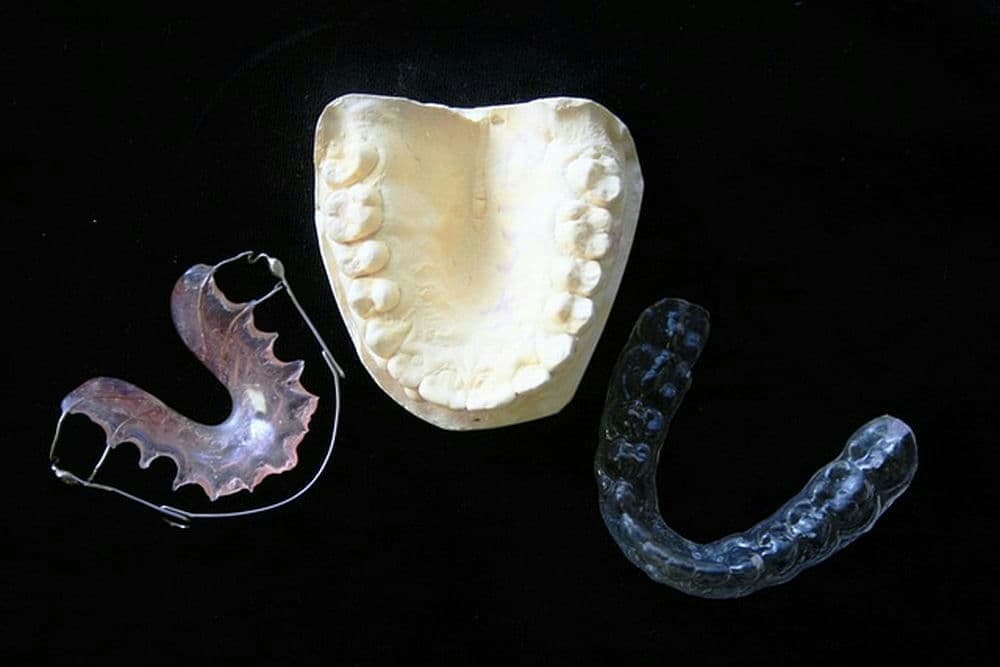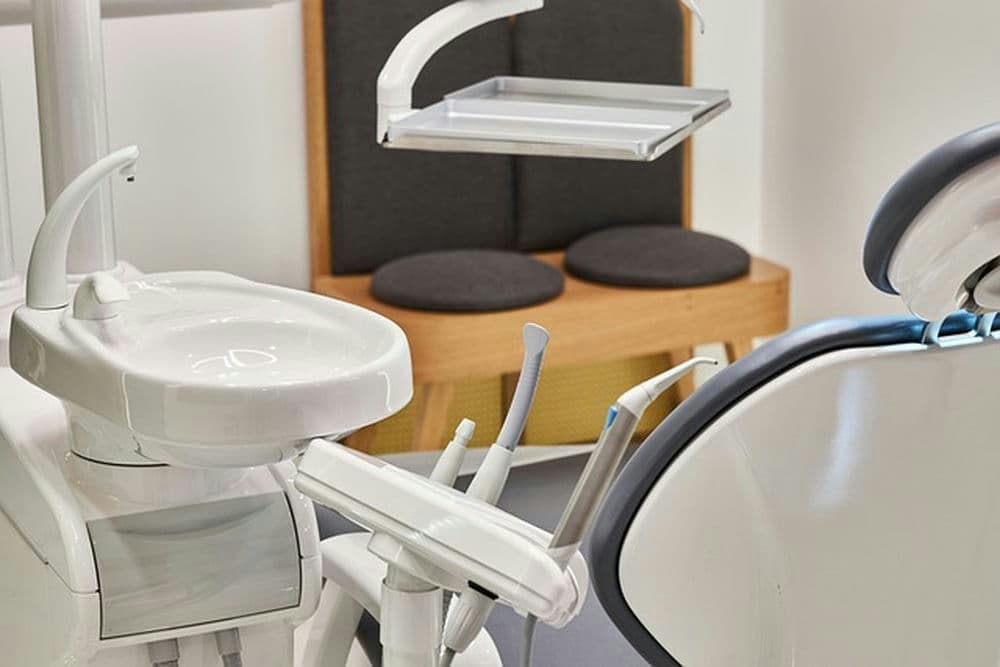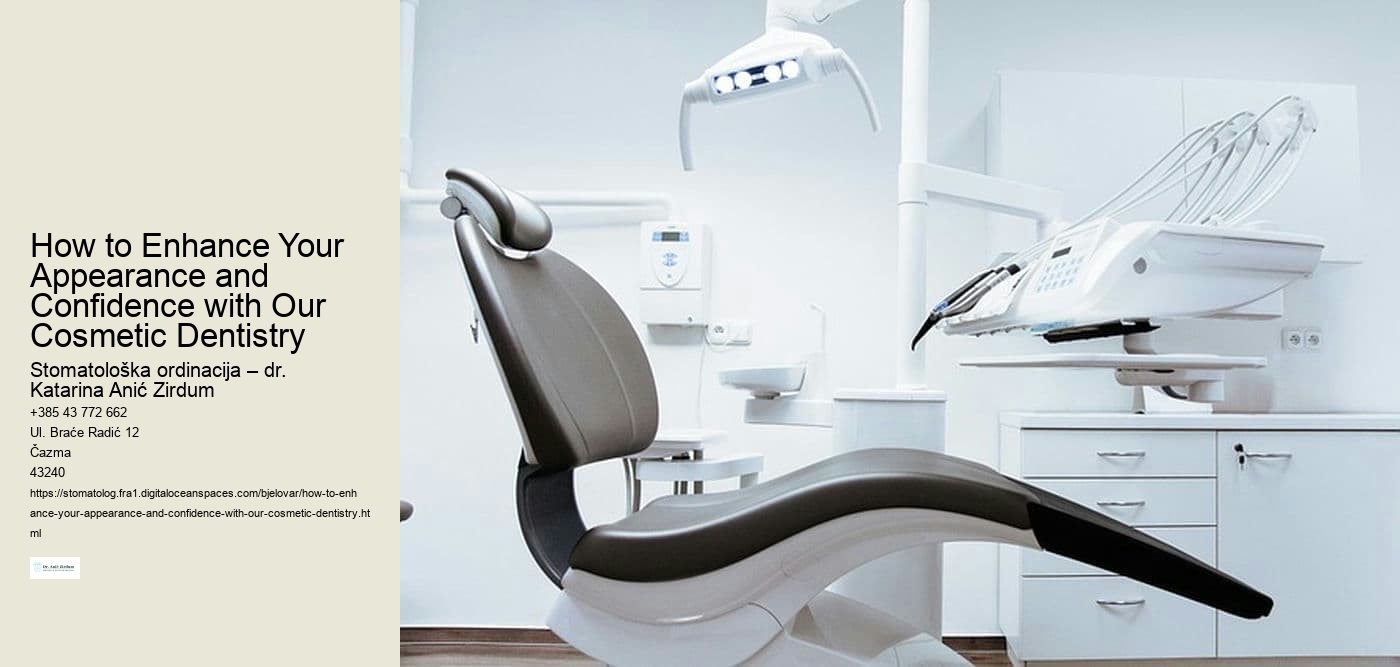
dental implants cost near me
A sort of partial, brief denture can be placed for appearance, if needed.
The major benefit of implants is solid aid for your new teeth — a procedure that calls for the bone to heal tightly across the implant. Because this bone healing requires time, the procedure can take many months. Dental implants are surgically placed in your jawbone, where they function the roots of missing teeth. Because the titanium in the implants fuses together with your jawbone, the implants won't slip, make noise or cause bone damage the manner fixed bridgework or dentures might. And the materials can't decay like your own teeth that aid ordinary bridgework can. In common, dental implants may be right for you if you:Have one or more missing teethHave a jawbone that's reached full growthHave enough bone to secure the implants or are in a position to have a bone graftHave healthy oral tissuesDon't have health circumstances which will affect bone healingAre unable or unwilling to wear denturesWant to improve your speechAre willing to commit several months to the processDon't smoke tobaccoLike any surgery, dental implant surgical procedure poses some health risks. Problems are rare, though, and once they do occur they are typically minor and simply treated. Risks encompass:Infection at the implant siteInjury or damage to surrounding systems, equivalent to other teeth or blood vesselsNerve damage, which can cause pain, numbness or tingling in your natural teeth, gums, lips or chinSinus problems, when dental implants placed in the higher jaw protrude into one of your sinus cavitiesHow you prepareThe planning procedure for dental implants may involve numerous experts, adding a doctor who specializes in conditions of the mouth, jaw and face (oral and maxillofacial health care professional), a dentist specializing in treating structures that help the teeth, equivalent to gums and bones (periodontist), a dentist who designs and fits synthetic teeth (prosthodontist), or now and again an ear, nose and throat (ENT) professional. Because dental implants require a number of surgical strategies, you need to have an intensive analysis to prepare for the process, adding a:Comprehensive dental exam. You could have dental X-rays and 3D images taken, and have models manufactured from your teeth and jaw. Review of your clinical history.
dental implants cost full mouth restoration
This may be:not having any treatmentpreparing other teeth for crowns or bridgeshaving a unique design of dentureWhile many treatment options can restore missing teeth, dental implants are the most effective teeth substitute options in Houston.
SmokingWe strongly advocate that you try to quit smoking and remain a non-smoker in the future. This lowers your risk of some issues with dental implants. For help to hand over smoking, please speak to your nurse or call our stop smoking carrier on 020 7188 0995. Benefits of dental implantsYou have dental implants when your dentist does not are looking to put crowns (caps) on healthy teeth. Implants are also useful if dentures or bridges would be complex or not possible as a result of there are no appropriate teeth or gums to help them. Risks of dental implantsThere is a small risk that the dental implants might not join correctly with the bone in your jaw. We then cannot use them. This risk is higher for some people, adding people that smoke. The dental team tells you in the event that they think that the risk is higher than normal for you. Parts of your implant can loosen or wear out with time. This can result in the implant not operating if the problem is not treated quickly.


mini dental implants cost
They help to reinforce:dentures (false teeth)crowns (caps on top of damaged teeth)bridges (systems to bridge or fill the space where 1 or more teeth are missing)Implants are long-lasting replacements on your tooth roots if you care for them properly.
Who shouldn’t get dental implants?Certain risk elements can affect dental implant candidacy. Dental implants might not be best for you if you:Are under the age of 18. (Most surgeons won’t place dental implants unless your jaw has stopped growing to be. )Smoke or use tobacco merchandise. Have massive bone loss to your jaw. Have poor oral hygiene. Have extensive tooth decay. Have active or untreated gum ailment. Have sure health situations, comparable to bone issues or autoimmune illnesses. Every person is various with a completely unique health historical past. To find out of course if you qualify for dental implants, check with your dentist.
dental implants
Dental Implants behave like natural teethOne of the biggest advantages of an implant is that it restores full chewing power.
Your dental care team will train you about eating and ingesting before surgery, dependent on what kind of anesthesia you've. If you're having sedation or usual anesthesia, plan to have a person take you home after surgical procedure and expect to rest for the remainder of the day. What you can expectDental implant surgical procedure is usually an outpatient surgical procedure performed in stages, with healing time between approaches. The strategy of putting a dental implant comes to distinctive steps, including:Damaged tooth removalJawbone training (grafting), when neededDental implant placementBone growth and healingAbutment placementArtificial tooth placementThe entire procedure can take many months from start to finish. Much of that point is dedicated to healing and looking ahead to the expansion of new bone in your jaw. Depending to your situation, the real method done or the materials used, bound steps can on occasion be combined. When bone grafting is requiredIf your jawbone isn't thick enough or is too soft, you could need bone grafting before that you can have dental implant surgical procedure. That's because the powerful chewing action of your mouth exerts great force in your bone, and if it can't assist the implant, the surgical procedure likely would fail. A bone graft can create a more solid base for the implant. There are a couple of bone graft parts that can be used to rebuild a jawbone. Options may come with a herbal bone graft, akin to from an alternative vicinity in your body, or a synthetic bone graft, corresponding to bone-alternative material that may give assist systems for brand new bone growth.
